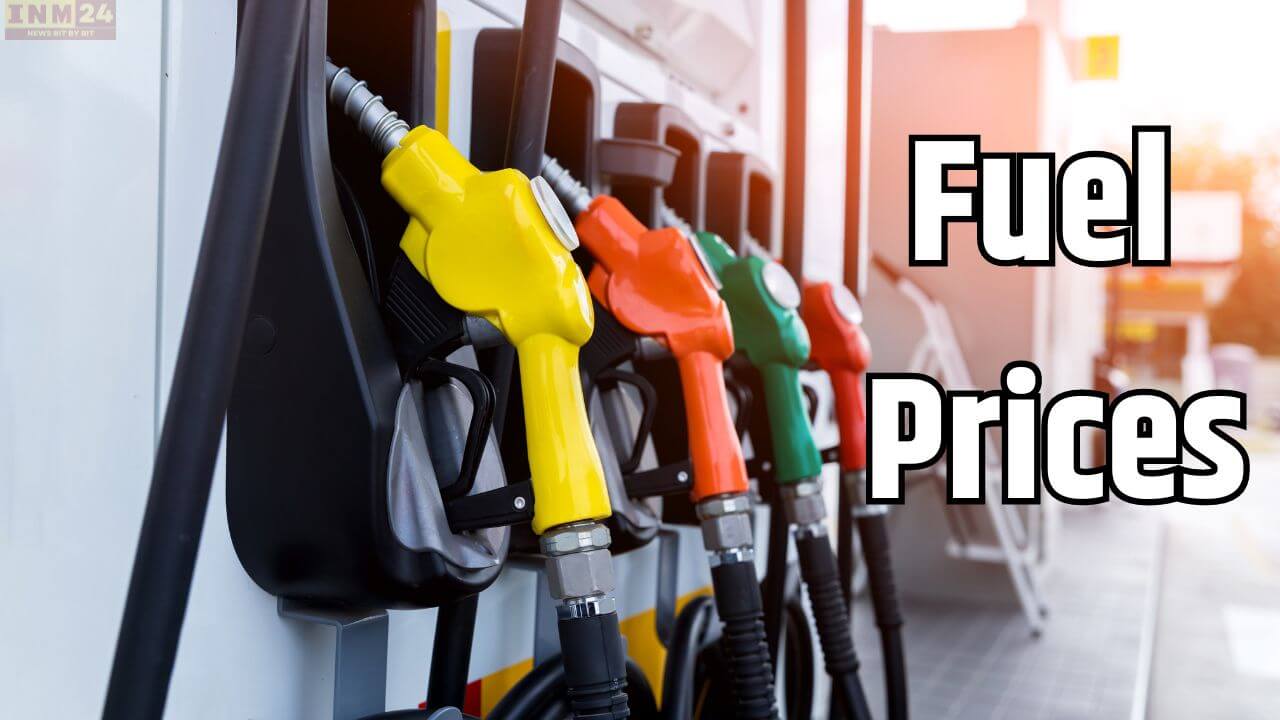Oil companies have announced updated rates for petrol and diesel on April 16. Today, there’s a noticeable decrease in fuel prices in several districts of Madhya Pradesh.
In recent days, there has been volatility observed in crude oil prices in the global market. Brent crude has surged to $90.61 per barrel, while WTI crude is trading at $85.93 per barrel.
Updates on Petrol and Diesel
On April 16, oil companies have revised the rates for petrol and diesel. Today, we witnessed a reduction in fuel prices in several districts of Madhya Pradesh. Chhatarpur, Jhabua, Mandla, Neemuch, and Seoni have seen a decrease in fuel rates. However, there’s a slight increase in fuel prices in Jabalpur and Anuppur. Moreover, cities including Bhopal, Indore, Gwalior, and Ujjain, among others, have witnessed no changes in prices on Tuesday.
Fuel Prices in MP
In Bhopal, the price of one liter of petrol stands at Rs. 106.47, in Gwalior at Rs. 106.40, in Indore at Rs. 106.40, in Jabalpur at Rs. 106.87, and in Ujjain at Rs. 106.83. Meanwhile, the price of one liter of diesel in the capital city Bhopal is Rs. 91.84, in Indore it’s Rs. 91.80, in Rewa it’s Rs. 94.06, and in Ujjain it’s Rs. 92.19.
Changes in Other States
In addition to Madhya Pradesh, there have been adjustments in fuel prices in other states as well. Uttar Pradesh, Goa, Kerala, Odisha, Telangana, and Uttarakhand have seen an increase in fuel prices. On the other hand, West Bengal, Tamil Nadu, Punjab, Rajasthan, Maharashtra, Gujarat, and Assam have witnessed a decrease.
The fluctuations in fuel prices are influenced by various factors including international crude oil prices, currency exchange rates, taxes, and government policies.
The changes in fuel prices impact various sectors of the economy and the daily lives of citizens. Consumers and businesses alike keep a close watch on these fluctuations as they affect transportation costs and overall inflation.
As the global oil market continues to be volatile, consumers can expect continued fluctuations in fuel prices in the foreseeable future. It’s essential for consumers to stay informed about these changes to manage their expenses effectively.
